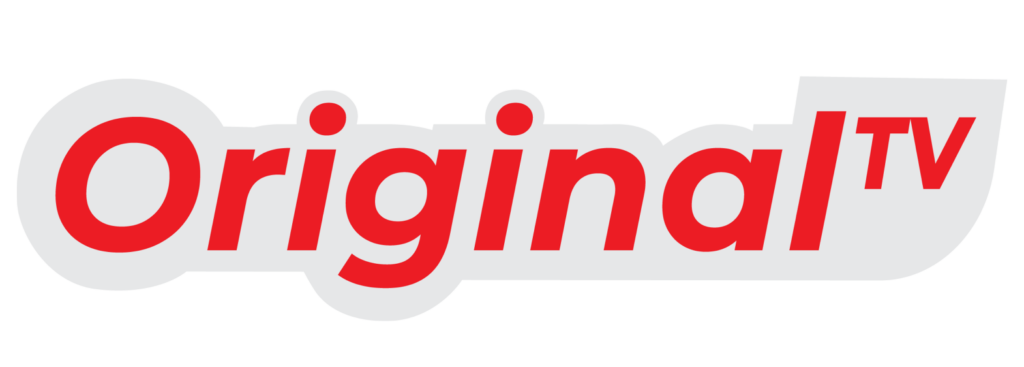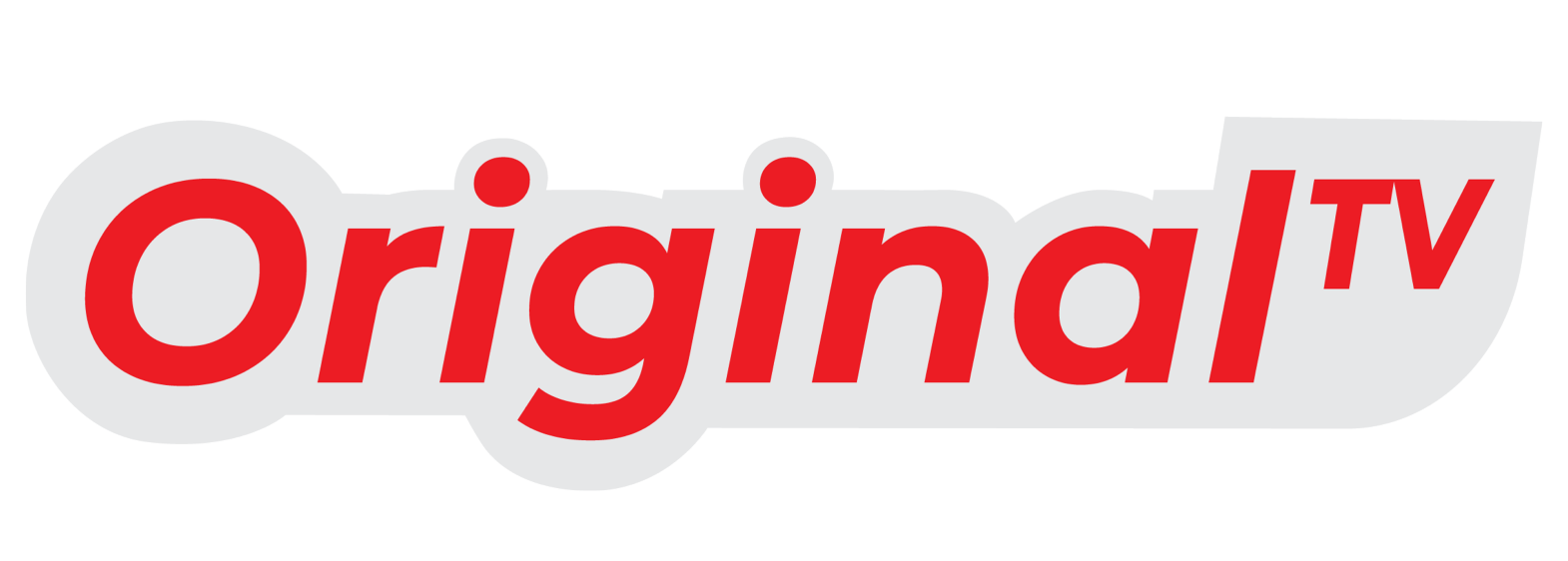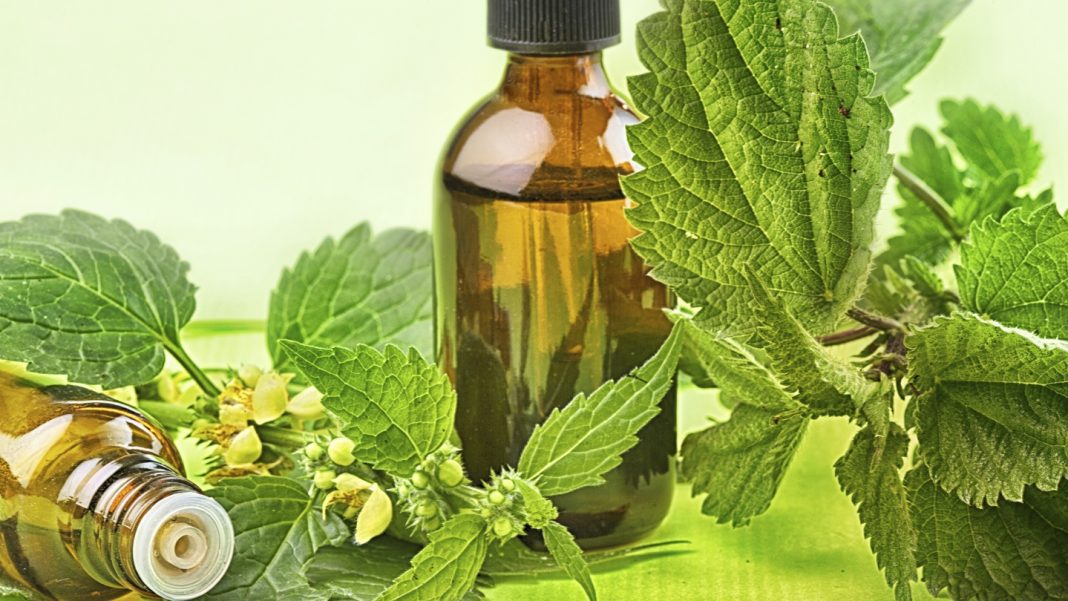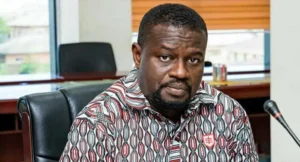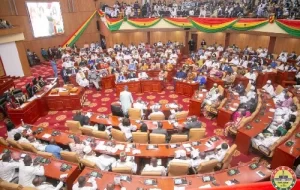The Traditional Medicine Practice Council (TMPC) has stated that it will collaborate with the Youth Employment Agency (YEA) to deploy some personnel of the Community Protection Assistants of the Ghana Police Service popularly called (Baby Police) in all the 261 Districts in Ghana, to enforce compliance by all traditional and alternative medicine practitioners.
This is one of the innovations they are bringing to transform the Council from its old ways, where access to information was a challenge leading to unscrupulous individuals claiming to be traditional medicine practitioners and selling any kind of concoction in the name of herbal medicines.
Some of these medicines sold to these unsuspecting victims end up being just anything to push to unsuspecting individuals for these people to make money.
The Registrar and Chief Executive Officer of the MPC, Dr. Michael Kyeremanteng, made this known at his inaugural meeting with management and staff of the Council from the head office and from the regional offices.
He said, “I have discovered that, there are over 75,000 registered practitioners and premises or facilities on the books of the Council, but renewals are a little over 25,000 practitioners and facilities”. Furthermore, “enforcement to ensure compliance has not been effective leading to losses of revenue to the Council”. It is expected that, with the vigorous enforcement exercises that would be embarked on by the Council should result in the recovery of the much-needed resources by the Council to enable the staff perform effectively and efficiently.
In the transformation plan, he outlined a legal and compliance committee has been constituted to advise the board of the Council on legal matters in dealing with the prosecution of recalcitrant as well as coming up with strategies to weed out quacks in the Traditional and Alternative Medical Space.
A corporate and public relations committee has been constituted to develop communication strategies which are expected to intensify public education programs aimed to project the Council from the unknown entity that it is now becoming an “internationally acclaimed regulatory body” as its vision stipulates.
This committee has also been charged with the responsibility of creating a corporate identity and image for the Council and to bring pride to staff for working for the TMPC.
He charged staff to reorganize their current attitude to work and put their ‘shoulders to the wheel’ to change the negative perception held by stakeholders of the Council. Dr. Albert Arthur, a board member and chairman of the Registration and Licensing committee, urged all staff of the Council to embrace the transformational programs the Registrar is bringing to the Council to change its fortunes for good.
According to the World Health Organization (WHO), “Traditional Medicine (TM) includes diverse health practices, approaches, knowledge and beliefs incorporating plants, animals and or mineral- based medicines, mutual techniques and exercises applied singularly or in combination to maintain well-being, as well as to treat, diagnose or prevent illness”.
Furthermore, “it is also the sum of the knowledge, skills, and practices based on the theories, beliefs, and experiences indigenous to different cultures, whether explicable or not used in the maintenance of health and the prevention, diagnosis, improvement or treatment of physical and mental illness”.
